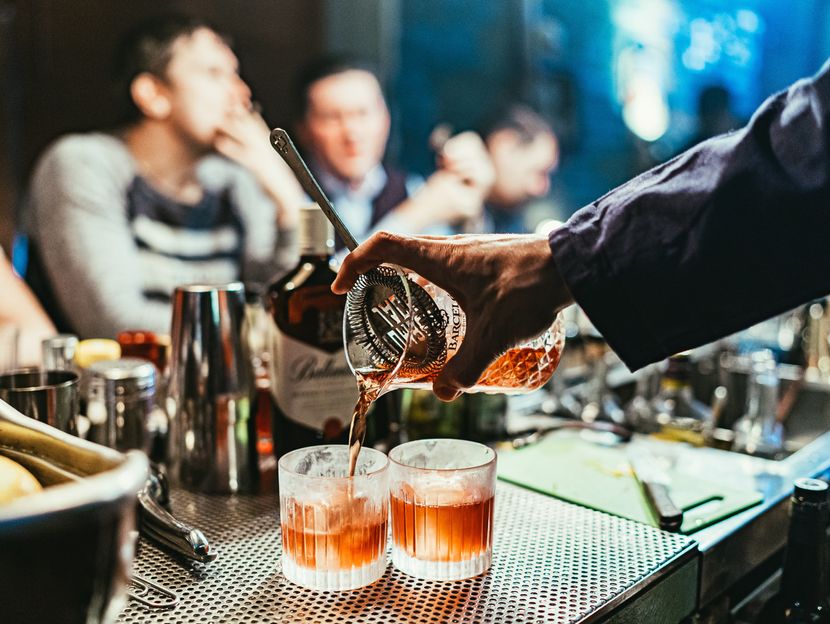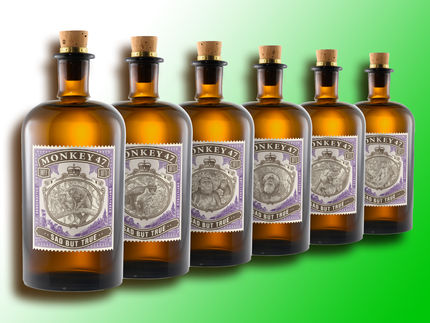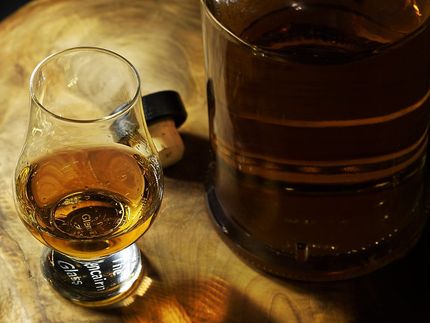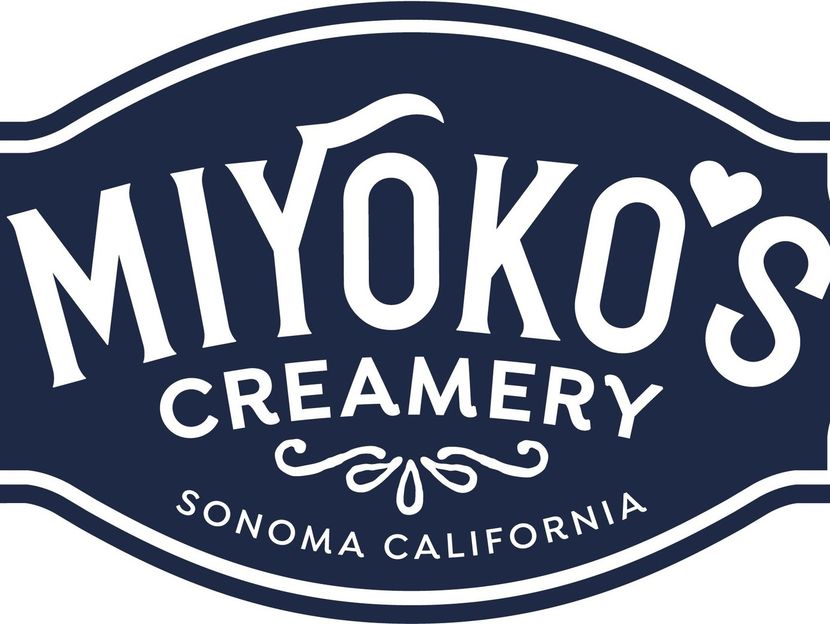Consumers drink fewer, but high-quality spirits
Multi-layered factors favor the trend toward reduced alcohol consumption: Rising expenses in all areas of living, but also the pursuit of a healthy lifestyle, are increasingly influencing consumption habits. This "less" can be translated into a "more valuable" - especially during the festive season. A survey by Mintel found that 71 percent of consumers who said they generally drink alcohol would prioritize quality over quantity.

Stanislav Ivanitskiy / Unsplash
The conscious reduction in the consumption of alcoholic beverages resonates with the savings that run through much of the consumer landscape, while at the same time the "Indulgence Index" takes hold. Analogous to the "Lipstick Effect" of the global financial crisis, consumers are increasingly choosing premium products in this phenomenon defined by Mintel. From chocolate to spirits in the upscale segment of food retailing, the target group is looking for ways to treat themselves to something special every now and then, even in economically challenging times.
Premiumization also for alcoholic beverages
The report on the subject suggests: moderate increases in sales volumes could be leveled out by an increase in sales. Even though, according to the World Health Organization (WHO), per capita consumption of alcoholic beverages has declined by 29 percent in Germany within the last thirty years, Germany was among the nations with the highest consumption in the last survey in 2016. Socializing and hosting at home have the potential to further increase premiumization in alcoholic beverages. By saving on costly out-of-town events, consumers can indulge their "indulgence" needs and fill the home bar with premium products. This also presents a great opportunity for companies, who can use the "Drinks at Home Occasion" as a promotional opportunity, both to make consumers aware of the diversity of their products and to give consumers inspiration for an "indulgent moment" at home.
One product launch that taps into these currents is the ready-mixed Passion Fruit Martini cocktail from the Bacardi Group's Tails brand. The lineup also includes Rum Daiquiri (Bacardi Rum), Whisky Sour (Dewar's Blended Scotch), Gin Gimlet (Bombay Sapphire) and Espresso Martini (42 Below Vodka).
Surprising alternatives and new ingredients as opportunity bringers
An opportunity to support consumers in their quest for conscious consumption is offered by beverages with reduced alcohol content, or entirely alcohol-free products. A Mintel study found that one in six adults had not yet tried alternative products, but were interested in doing so. An equally high proportion said they would reach for them again after trying them. An example of this segment is provided by Siegfried Wonderlief, which, like a classic gin, convinces with its intense taste of selected botanicals, but has 0.0 percent alcohol.
Novel ingredients and flavors can also deliver unique selling points. Holy Basil from Momentum Dry Gin, for example. Beyond health claims that spirits can't claim, it aims for innovative cocktail culture with an ingredient list said to include ten handpicked botanicals - including the nootropic Tulsi.
Mintel's conclusion
Premiumization and individual added value offer real opportunities to surprise consumers - and convince them to treat themselves to something special now and then. The unique selling points can be diverse: premium quality, variance in alcohol content, special ingredients, a ready-made mix for the cocktail at home, but also sustainability aspects are likely to become more in demand.
Note: This article has been translated using a computer system without human intervention. LUMITOS offers these automatic translations to present a wider range of current news. Since this article has been translated with automatic translation, it is possible that it contains errors in vocabulary, syntax or grammar. The original article in German can be found here.
Most read news
Other news from the department business & finance

Get the food & beverage industry in your inbox
By submitting this form you agree that LUMITOS AG will send you the newsletter(s) selected above by email. Your data will not be passed on to third parties. Your data will be stored and processed in accordance with our data protection regulations. LUMITOS may contact you by email for the purpose of advertising or market and opinion surveys. You can revoke your consent at any time without giving reasons to LUMITOS AG, Ernst-Augustin-Str. 2, 12489 Berlin, Germany or by e-mail at revoke@lumitos.com with effect for the future. In addition, each email contains a link to unsubscribe from the corresponding newsletter.




























































